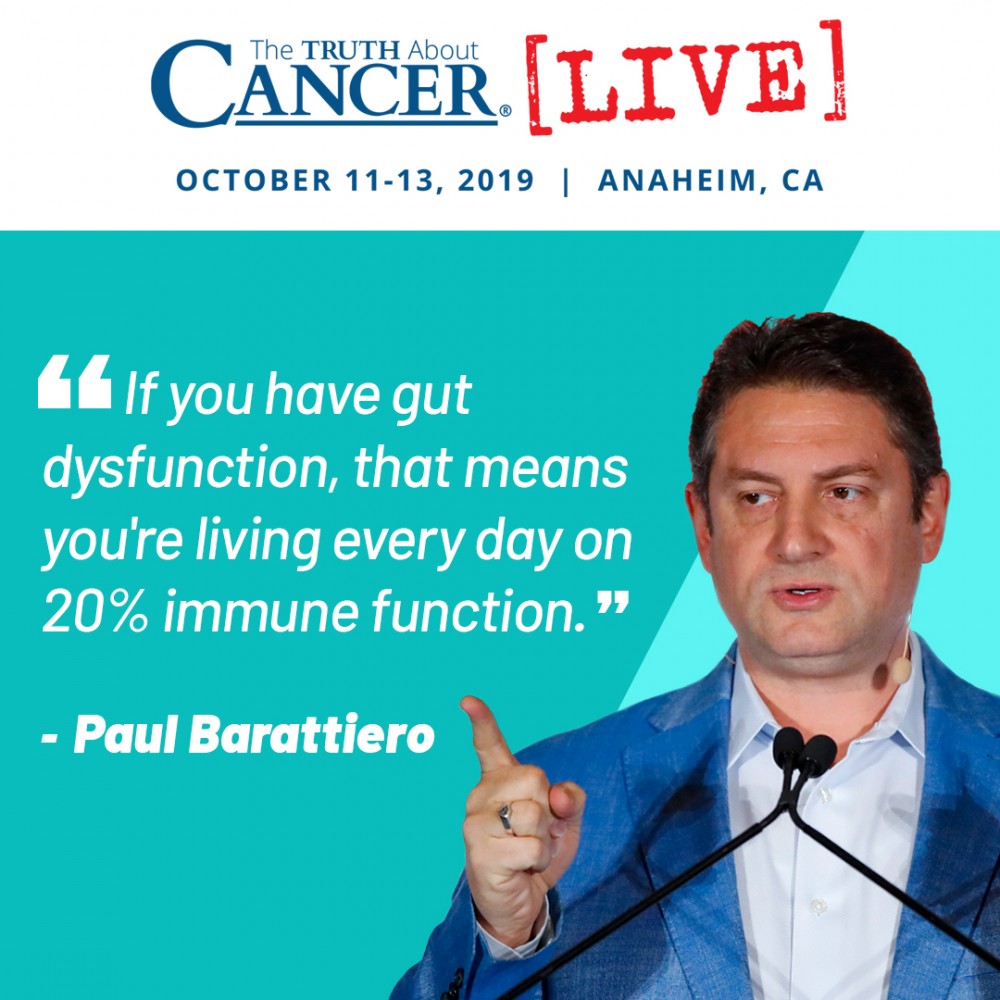Video Transcript: The Science Behind Hydrogen-Infused Water – Part 1
But let’s talk about hydrogen. What does hydrogen really mean? It means water. It creates water. That’s the whole word, hydrogen is a water creator. And so through combining hydrogen and oxygen, obviously, that makes water. It’s a very beautiful process. And that’s where the word “hydrogen” comes from, is Greek. Now, at standard temperature and pressure, it’s colorless, odorless, right? People ask, “Does it taste like something?” And I say, “Yes. Raspberries. Fresh chocolate covered…” you know. I just have fun with that, I love raspberries and I love dark chocolate. But no, it has no taste. Water shouldn’t have a taste, right? If you’re tasting something then it’s a contaminant of some kind that you’re probably tasting. But this is what we’re going to go through.
I can tell you that it plays a very important role in the aminos and the acid to balances in the body, and we’ll go through that a little bit in here. But if we really broke the body down, you would break everything down into carbon-hydrogen chains. If we really want to understand physiology and the way your body functions, it really gets down, on a very simple level, to carbon-hydrogen chains. And so, hydrogen is an incredibly important aspect of your body. Hydrochloric acid, right? I mean some of the most basic aspects of our body require hydrogen. And so we’re going to talk about it, but please understand, the most important thing I want you to take away from this, is that you have a hydrogen generator in your body.
The Creator who made you, made a way. Because if I’m going to teach you all about hydrogen and how critical it is for your every day life, then you’re going to say, “Well, why don’t I have it built in?” Right? “Why isn’t there a hydrogen tank attached to my leg or something?” The bottom line is, through proper fermentation in your gut, and the right bacteria, you should be producing 10 to 12 liters of hydrogen per day through normal fermentation of food. Food that’s broken down into short-chain fatty acids, medium-chain fatty acids, beneficial fibers, all these types of things. It’s a very natural process. The problem is we have gut damage. And I believe, and I’m being kind, 96% at least, of the population have some form of gut dysfunction. And so therefore you have immune dysfunction, we think of leaky gut, and you think stuff is coming down your leg or something, I don’t know. But the reality is your immune function is not working correctly.
If you have gut dysfunction, that means you’re living every day on 20% immune function. And it’s amazing. The body can do okay at 20%. But imagine if you had 80%, 90%, 100% immune function. That’s what’s supposed to be happening with the right gut bacteria and all of that is working properly. So we’ll go through.
So that was hydrogen. This is molecular hydrogen. “Molecular” just means 2 hydrogens. We can call it diatomic. We can call in molecular hydrogen. We can call it whatever we want, but it’s 2 hydrogens, they’re neutral. Don’t get confused, there’s no charge. It’s not positive, it’s not negative charged, it’s neutral. Which is why it’s so beneficial to the body. It does scavenge hydroxyl radicals. Now any of you who don’t know what a hydroxyl radical is, it’s just an oxygen and a hydrogen. That’s all it is. And yet it’s the most cytotoxic, or cell-damaging radical in the human body. Wreaks havoc on your cells. And so imagine, if we just had 1 more hydrogen to HO, what do we have? Right. It’s so simple, it’s beautiful. It’s very romantic, right? So, anyways, I think God’s romantic.
So similarly, if we look at the studies then we can see over 200 bio molecules in the body, what I want to teach you today is that hydrogen does very little other than give direction for other things to do what they’re supposed to be doing. So hydrogen is a signal modulator. It’s just doing cell signaling. It’s giving direction, “Hey, you’re supposed to be over there. You’re supposed to be doing this, you’re supposed to be doing that.” And that’s what’s beautiful about hydrogen, it’s giving direction, it’s programming things to function. So if you don’t have it, then what happens? You don’t have the signal and you don’t have direction being given. And so we have systems that are not functioning properly, neurologically and other antioxidant systems. We’re going to talk about ghrelin secretion cells. What we’re talking about, cognitive increase or brain function, right? Those of you who don’t want any more brain function, don’t listen to that part. But those of you that want more brain function, listen, okay? And then we have of course, oxidative stress and inflammation. And why is that so critical? Because all disease comes from oxidative stress and inflammation.
If you were to Google, leading cause, it would be oxidative stress and inflammation. Now what’s interesting, is what is hydrogen? So we talked about hydrogen. What is molecular hydrogen? Now, what is hydrogen enriched water? We’re really walking through this so you can understand. It Is hydrogen gas dissolved in a liquid. And we’re talking about water, okay? Don’t drink sodas, but it’s just like a soda. You have carbon dioxide dissolved in water with sugar and salt, right? And a bunch of chemicals that aren’t so great, but it’s carbon dioxide dissolved in a liquid. Here we’re dissolving hydrogen gas in a liquid. Okay? It’s really simple to understand. Now people say, “How long will it stay in the water? If I put a glass up here, put hydrogen water?” Five hours. If I put it in a bottle and cap it and have no airspace up to 10 days.
So you can store it, you can keep it. It’s not forever though. It’s not forever. It’s not designed to be forever. All right? So where did hydrogen get discovered? Well, it was discovered a long time ago, but we know in the year 1800 Dr. Anthony Carlyle in London had been to a medical conference in 1798, kind of similar to this and learned about hydrogen and how hydrogen had antioxidant properties. So he set out to create a hydrogen generator. And the way he did it was putting two electrodes running electric or what we call a voltaic current three water. And he separated water molecules, into their constituent elements, which is hydrogen and oxygen. And so he was very smart, able to figure out how to separate a water molecule and boom, you have hydrogen gas generator. It’s very simple. Okay? That was in 1800. Okay? Then we didn’t do a lot since then.
We kind of forgot about that. That’s not important, you know what I’m saying? Right? What are we doing about it? Nothing until 1930 when Dr.Mishi Tsu in Japan said, “What will it do for rice cultivation?” And that’s when hydrogen came back into the scene. And then you had 15 years of human trials in 1950 to 1965 in Japan to see what was going on. And then they make, they made it a medical device and on and on the industry starts. That’s where alkaline water came from, was those studies and they believed that it was the pH of the water that helped. But we now know, irrefutably it has nothing to do with pH. It was hydrogen gas. But we didn’t know that in 1965. So, let’s go. This is the device that we ended up doing which, using electrolysis, but a very different type of electrolysis than that electrolysis, because this electrolysis, you have problems with minerals building up on the cathode and so you lose the ability of dissolving hydrogen after a short time.
Here, the electrodes aren’t in contact with water. They’re simply there to create hydrogen gas and not change pH of the water from the source. So it doesn’t matter what the pH is cause it’s not getting through your stomach acid anyways. We just want the hydrogen gas, that goes through the duodenum and into the small intestine and that’s where water’s absorbed and that’s where the hydrogen gas would normally be produced in your body. So we’re mimicking nature is what we’re wanting to do to help heal the body. Okay?



















This is the sample of natural therapy and treatment! The knowledge I gain from this presentation can help to eliminate my fear of cancer from my life and replace it with hope.
So what’s the difference between hydrogen use water and the carbonated water that you can get from the store? I forget what it’s called.! And if they are different, how do you get water infused with hydrogen at home?